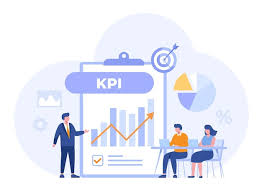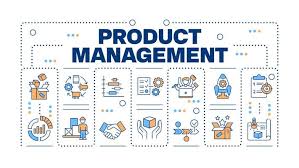Who Usually Performs Technical Due Diligence—Internal Teams or External Advisors?
T delves deep into a target company's technology infrastructure, software systems, intellectual property, product roadmap, services, practices, and IT staff, aiming to uncover hidden risks, assess scalability, and ensure strategic alignment. But who are the sharp minds behind this critical tech "health check"? Is it a job for the in-house heroes, external expert mercenaries, or perhaps a collaborative symphony? Let's explore.
The Dynamic Duo: In-House Talent vs. Third-Party Prowess
The performance of Technical Due Diligence is a nuanced task, and it can indeed be executed by various skilled professionals. The decision often hinges on the deal's complexity, the acquiring company's internal capabilities, and the desired level of impartiality.
Internal Teams: Often, a company's own internal technical teams play a significant role. This can include experienced engineers, the Chief Technology Officer (CTO), and specialists from various departments such as finance, legal, human resources, and operations. Their profound understanding of the company's internal processes and specific industry context makes them invaluable for an initial assessment and for providing context during the due diligence process.
External Advisors and Third-Party Firms: While internal teams offer a unique perspective, external advisors and specialized third-party firms are frequently preferred, particularly by buyers. The reasons for this preference are compelling:
• Impartiality: External specialists are often chosen for their ability to provide an unbiased assessment, transforming a complex process into a streamlined operation.
• Specialized Expertise: These firms bring a wealth of specialized knowledge, domain expertise, and extensive industry experience that internal teams might not possess. This includes professionals like software engineers, system architects, cybersecurity experts, intellectual property (IP) lawyers, M&A consultants, and accounting firms.
• Comprehensive Overview: They are adept at assessing complex systems and services, providing a holistic view of a company's IT operations. This external perspective is crucial for identifying potential issues that internal teams, due to familiarity or bias, might overlook.
It's also worth noting that the initiation of TDD often comes from the investor or acquiring company, though a company may proactively initiate its own TDD before seeking funds or investments.
Maximizing Value: Why the Right Partner Matters
The choice of who performs TDD directly impacts the depth, objectivity, and ultimately, the success of the M&A transaction.
For the Seller: For the company being acquired, proactively undertaking Vendor Due Diligence (VDD)—which includes a technical component—is a strategic power move. By identifying and rectifying issues and gaps within their own technology infrastructure beforehand, sellers can present a more transparent and robust picture of their assets. This pre-emptive approach not only streamlines the buyer's due diligence process but can also significantly justify their valuation and expedite the acquisition process, potentially leading to a higher value deal.
For the Buyer: For the acquiring company, thorough TDD is a critical step towards achieving peace of mind and making an informed decision. It enables them to:
• Understand the Acquisition: Gain a precise understanding of what they are acquiring, confirming the accuracy of the seller's information and accurately appraising the target's value.
• Mitigate Risks: Identify major technological risks, whether current or future, such as outdated systems, security vulnerabilities, or scalability challenges, which could otherwise impact the business significantly post-transaction.
• Plan Integration: Inform post-acquisition integration strategies by assessing the compatibility of technologies and aligning the target's tech with the acquirer's strategic objectives.
In essence, whether through a dedicated internal team, a specialized external firm, or a strategic blend of both, Technical Due Diligence is not merely an option but a critical necessity in today's tech-driven business world. Its comprehensive insights empower all parties to make well-informed decisions, mitigate risks, and build a solid foundation for future growth and innovation.



















